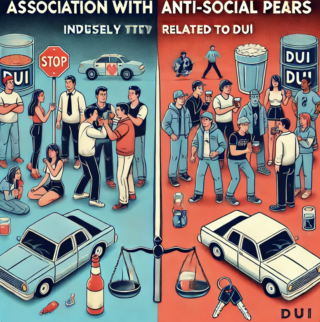Psychopathy & Altruism | Opposite Ends of the Spectrum
Biological Basis of Psychopathy and Altruism Origins of Social and Antisocial Behavior Psychopathy is a personality disorder believed to be affecting 1-2% of the world's population. Those afflicted have certain personality characteristics: Shallow emotions, superficial charm, impulsiveness, and lacking any empathy or remorse, often leading to antisocial behaviors and criminal activity. The general consensus among psychologists is that most people fall towards the center of a continuum of personality traits, with the extreme cases on opposite ends. Considering one extreme to be those psychopathic [...]











